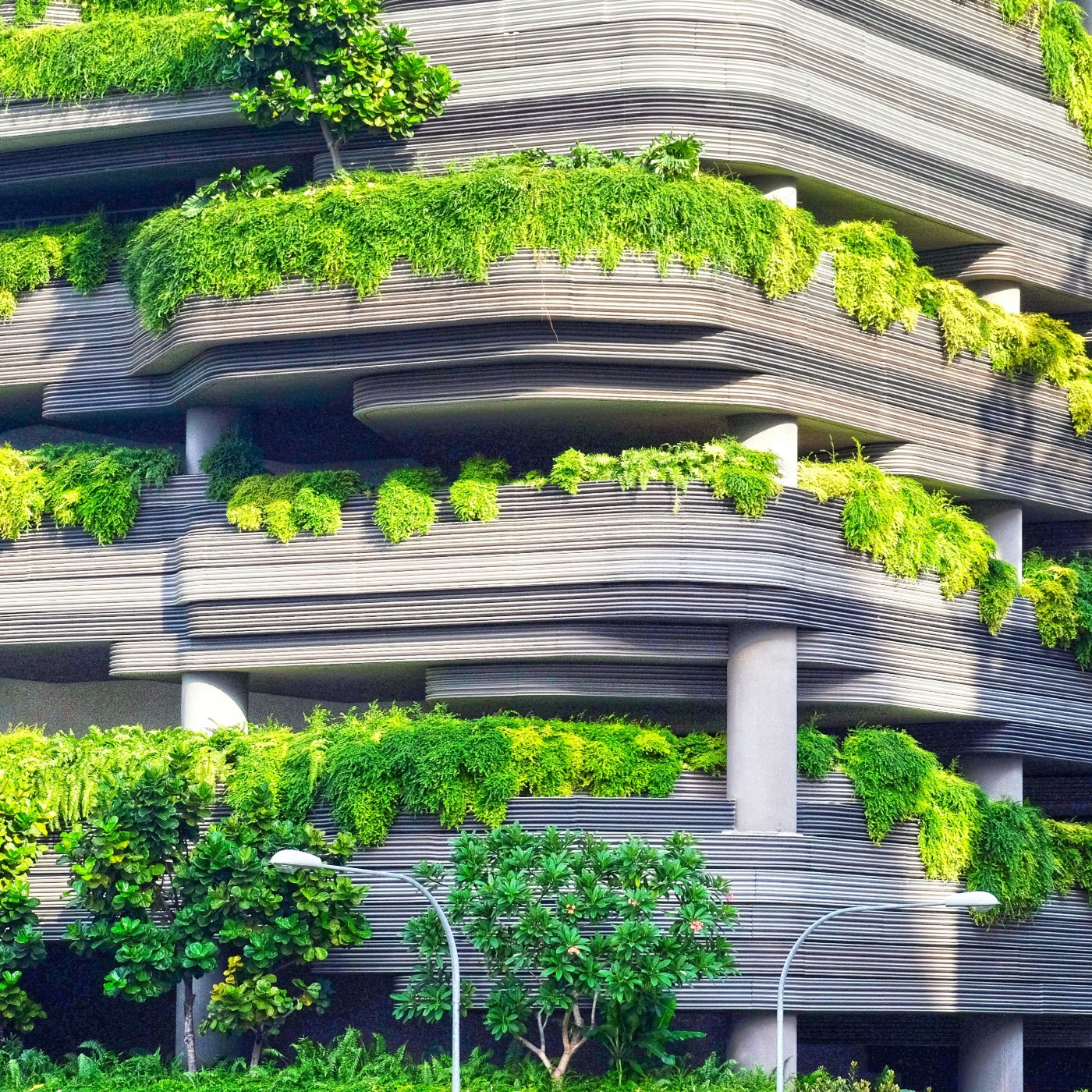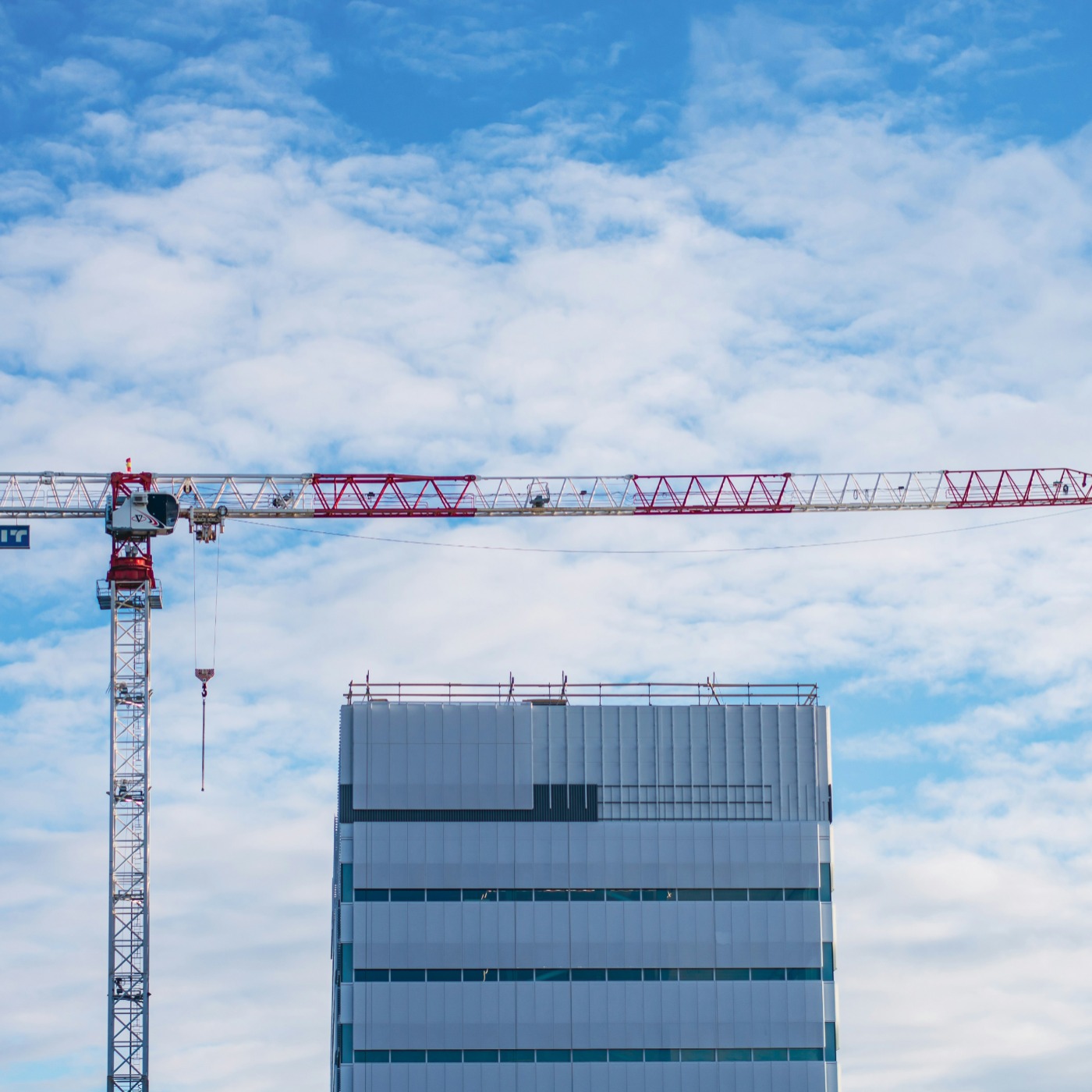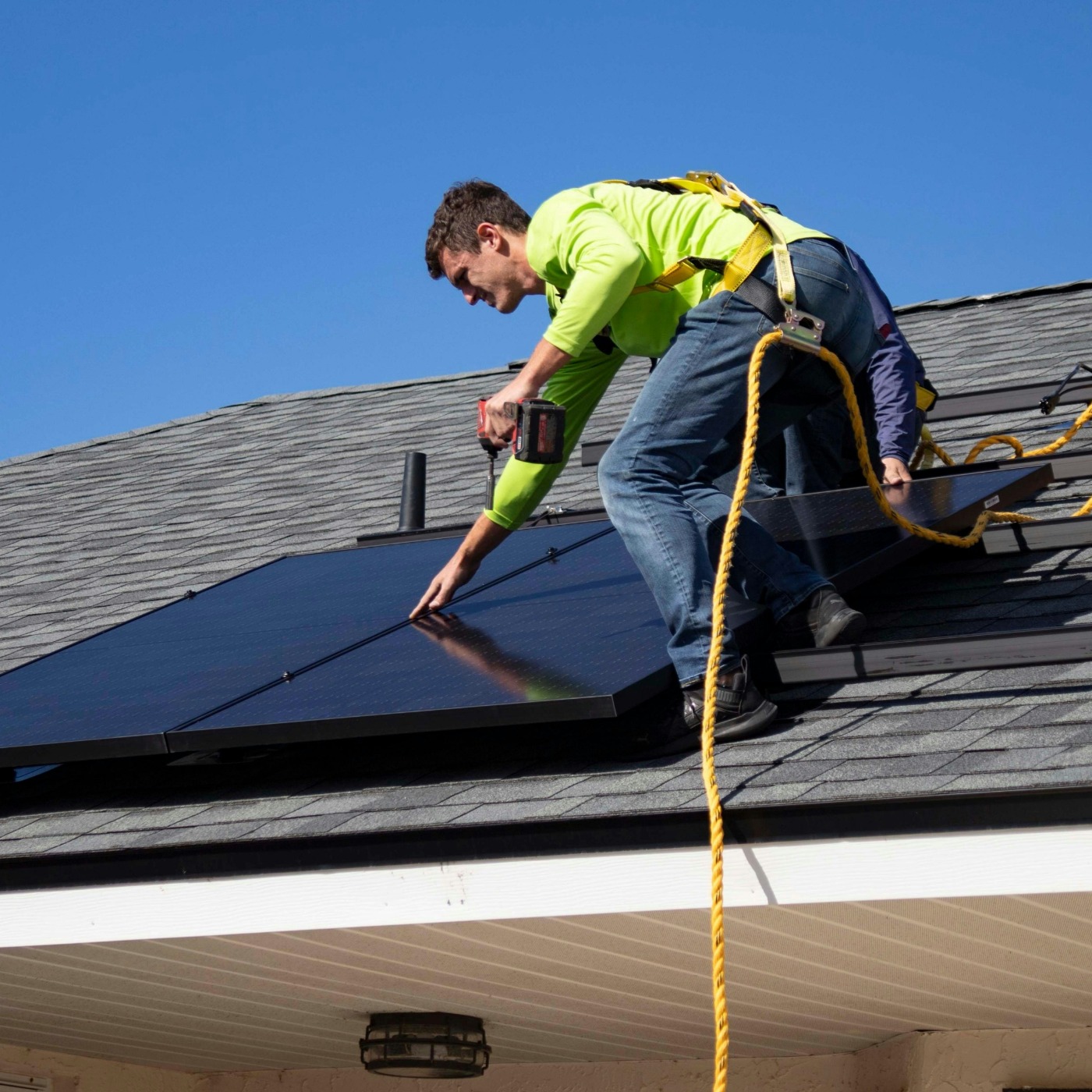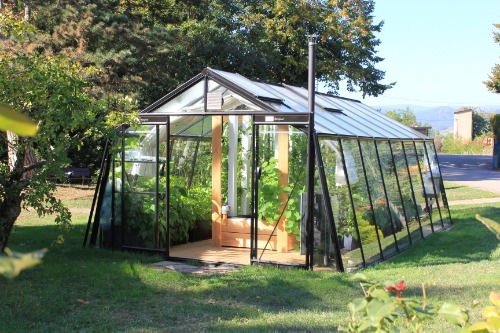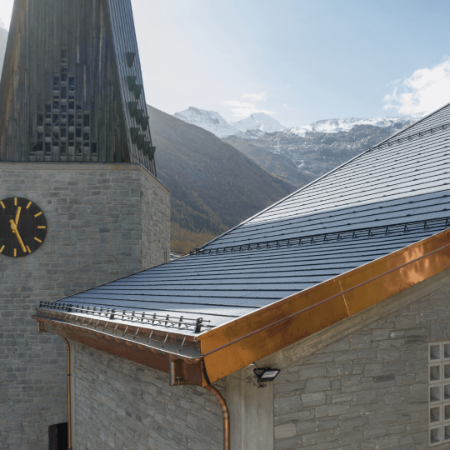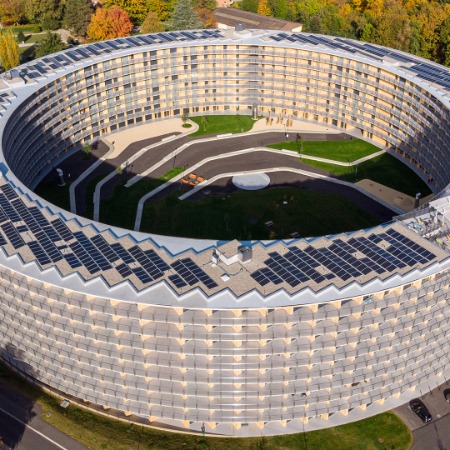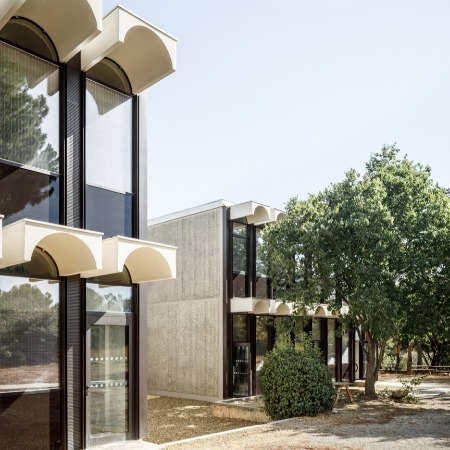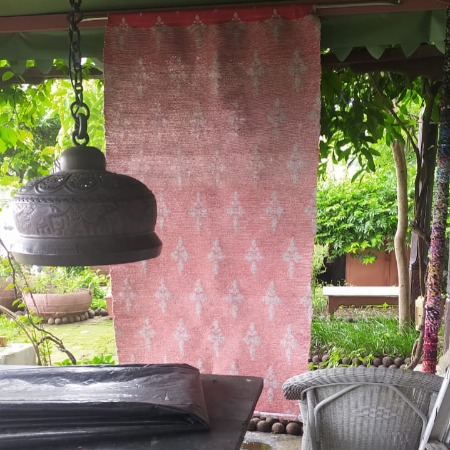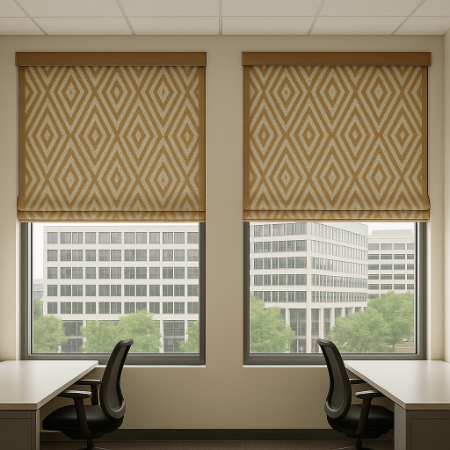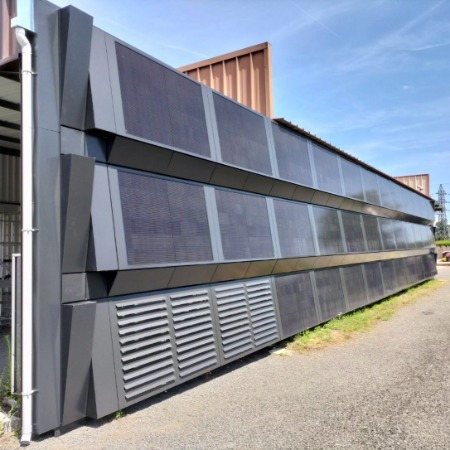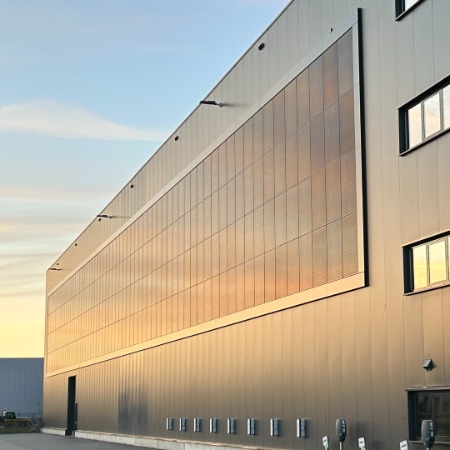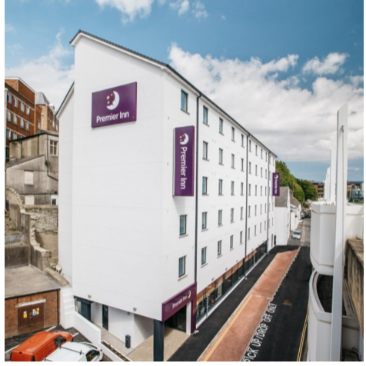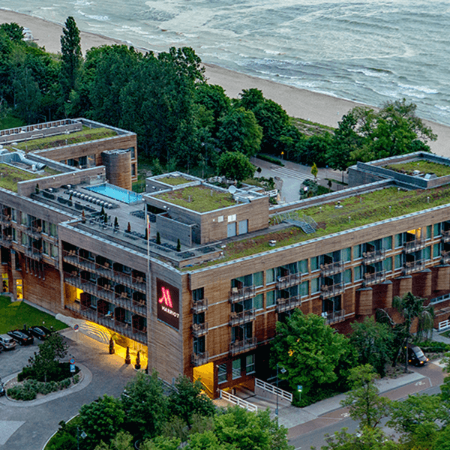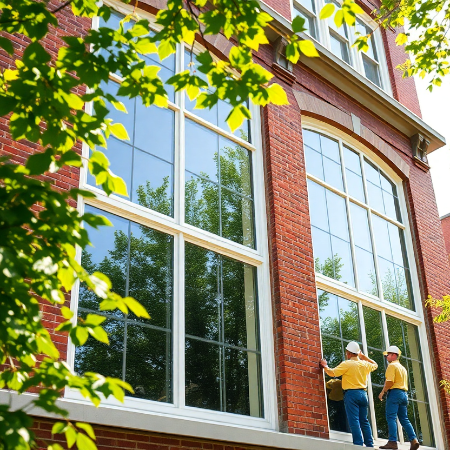01. Benefits
Green building Benefits
- Environmental: as the priority is given to local, renewable, bio-sourced and recyclable materials, and the design is based on the use of renewable energies (geothermal, aerothermal, solar, wood) and the preservation of resources (energy and water efficiency, better insulation), the first advantage of sustainable building is the protection of the environment.
- Economic: according to a World Green Building Council report, savings in a sustainable building can be very significant: from 25 to 35% energy savings, and up to 39% water savings compared to a conventional building. Besides, green building boosts the real estate market and allows to reduce operating costs.
- Social: green buildings help improve the quality of life, by enhancing occupants’ health, well-being and comfort (thermal and acoustic insulation, better energy and lighting management). Moreover, it minimizes strain on local infrastructure.

